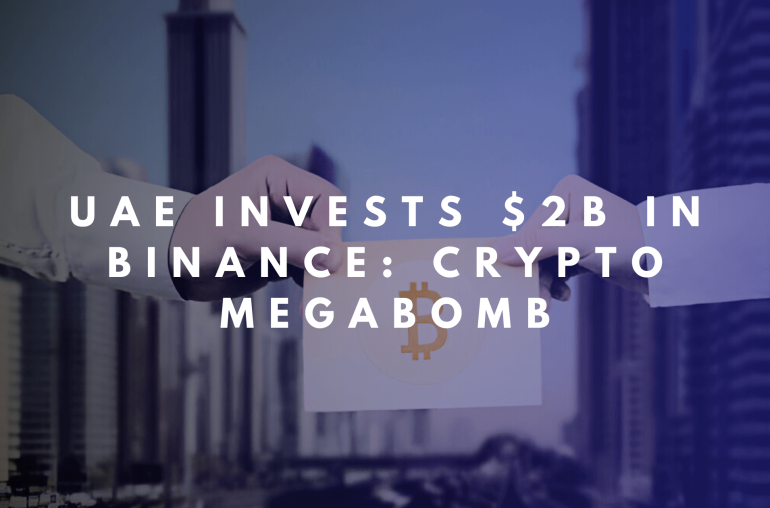Key Takeaways:
- Ethiopia is leveraging its surplus hydroelectric power to become a major player in global Bitcoin mining.
- The government’s strategy aims to build USD reserves through energy sales to miners, even though crypto trading is still illegal.
- UMINERS is one of the companies involved, planning local job creation and training initiatives.
- The high cost of mining equipment is a barrier, but solutions like collateralized loans and upcoming cloud mining aim to increase accessibility.
- This development in Ethiopia is a key part of understanding the changing global landscape of crypto mining.
Did you know a new player is making big waves in the world of Bitcoin? Ethiopia is rapidly becoming a hotspot for Ethiopia Bitcoin mining, thanks to some surprising advantages. It’s an exciting development, especially as it marks the first African country to back large-scale Bitcoin mining at a government level. We’ll explore what’s happening, why it’s significant for Bitcoin mining Africa, and what it means for the future of crypto.
Why Ethiopia? The Power of Water for Crypto Mining
So, what’s putting Ethiopia on the map for Bitcoin miners? A big part of the answer is its amazing supply of hydroelectric power. Philip, who handles strategy at UMINERS, a company now involved in the region, shared some UMINERS insights during a recent chat. He explained, “Ethiopia used to have a lot of problems with the power grid. But in recent years, they built the Grand Ethiopian Renaissance Dam on the Blue Nile River near Addis Ababa.” This massive project means they now have more hydroelectric power crypto mining can tap into – a lot more.
This abundance of energy is perfect for Bitcoin mining, which, as you might know, uses a lot of electricity. Because of this, in 2024, the Ethiopian government made deals with 21 mining companies, including UMINERS. This move seems to show Ethiopia is opening up its economy and looking for foreign investment. It’s also interesting because while they’re supporting mining, crypto trading itself is still illegal there. It’s a unique situation that helps us in understanding crypto mining trends globally.
Also read: Dubai Real Estate Tokenization: Own Property Piece by Piece
Dollars, Development, and UMINERS’ Role
You might be wondering why a country would focus so much on mining if trading isn’t allowed. Philip shed some light on this too. “I think it’s going to take some time for Ethiopia to become more crypto-friendly in terms of payments,” he mentioned. The main reason? They need more US dollars. “Their strategy is to bring in miners and data centers, which have high electricity costs, to set prices in USD. In this way, the government builds up a USD surplus that can then be used in international trade.” It’s a clever way to boost their foreign currency reserves.
UMINERS isn’t just setting up machines; they’re also planning to invest in the local community. Philip shared, “We will be hiring a large number of people in the region.” And to make sure there are enough skilled people, he added, “we want to work with local universities to create courses and support job growth and future pathways for people.” This is a great example of how Bitcoin mining Africa can also mean local development.
The Changing Face of Bitcoin Mining
Thinking about understanding crypto mining trends more broadly, Philip pointed out how much things have changed. “Back when it first started, anyone could set up a computer and start mining,” he said. But as Bitcoin grew, “Over time, you needed more and more powerful equipment.” “Now, on average, a miner costs between $3,000 and $10,000. So it’s not really for the average person anymore.” This high cost can be a barrier for many.
Making Mining More Accessible: UMINERS Insights on Solutions
To help more people and smaller businesses get into mining, UMINERS has come up with a creative solution: a zero-interest loan program using Bitcoin as collateral. Wondering how it works? Philip explained it simply: “Clients go through an approval process, and once approved, they can deposit Bitcoin into a Ledger Enterprise account. That Bitcoin is held as collateral to fund the purchase of mining machines.”
He continued, “The machines are housed in UMINERS data centers as additional collateral, while clients repay the loan in monthly installments of 10%.” “For each installment paid, clients receive 10% of their Bitcoin back.” The cool part? “This system allows our clients to keep their Bitcoin and benefit from its future value, rather than having to sell it upfront.”
And there’s more on the horizon. UMINERS plans to launch cloud mining soon. This means people can rent mining power without buying the machines themselves. They’ll have options for big institutional clients and regular individual users, making Ethiopia Bitcoin mining and mining elsewhere potentially more accessible.
Conclusion: A New Chapter for Ethiopia Bitcoin Mining
Ethiopia’s journey into Ethiopia Bitcoin mining is a fascinating development, showcasing how countries can leverage unique strengths like hydroelectric power crypto mining capabilities. With companies like UMINERS providing UMINERS insights and solutions, the landscape of Bitcoin mining Africa is certainly evolving. While it’s becoming more industrial, efforts to improve accessibility show the industry is still innovating. This move by Ethiopia could be a significant step in understanding crypto mining trends and its growing global footprint.
What are your thoughts on Ethiopia’s big move into Bitcoin mining? Share your thoughts in the comments below!




